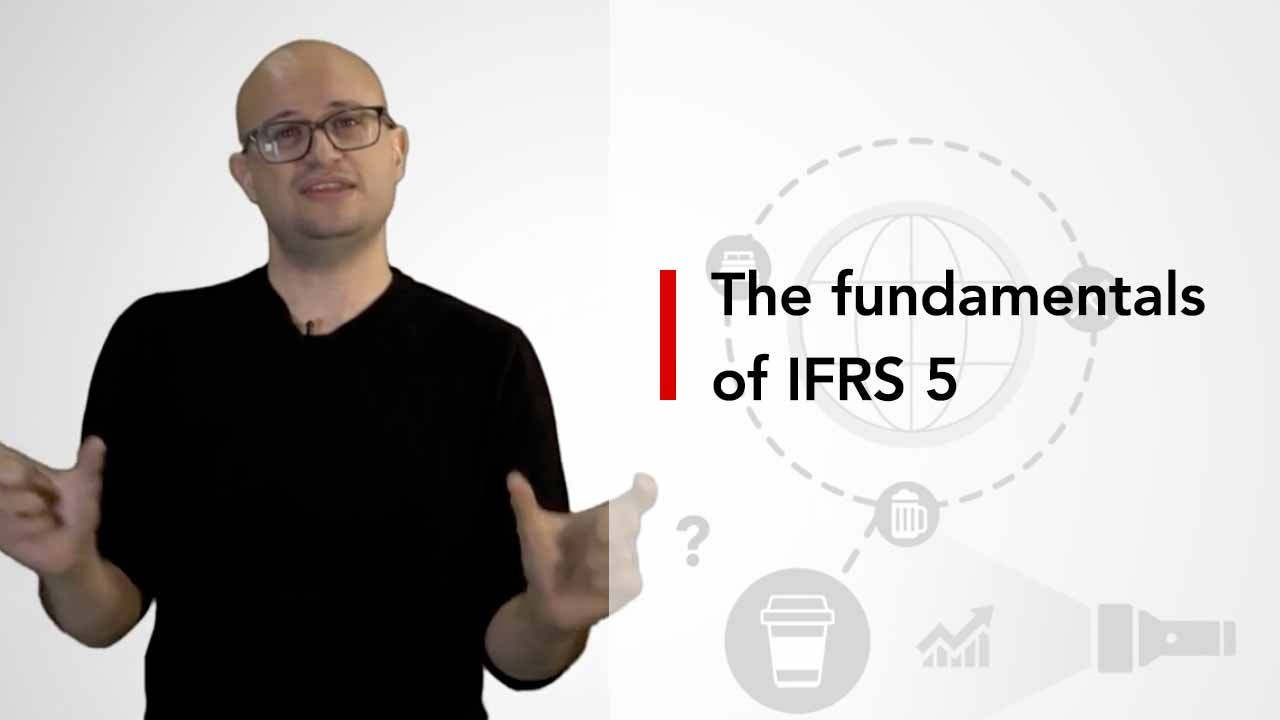
Wherever you are in the world and however you get your news, certain topics will be familiar to all of us in 2022 – the crisis in Ukraine, the ever-present pandemic, rising inflation, the climate crisis, food insecurity, and so on. Also familiar will be the acronyms that feature heavily in news stories. Nato, the EU and the UN appear constantly in the news about Ukraine, while Opec is connected with energy concerns, and the WHO with the pandemic.
More than just familiar acronyms, these intergovernmental organisations (IGOs) – among the 300-plus that currently exist – are intertwined with nations and the lives of millions globally.
‘Each day presents an opportunity to meet someone new, learn something new and gain new insights’
Career scope
As with any large organisation, IGOs have central and local finance departments requiring financial and management accountants, business partners, tax managers, auditors and budget analysts, as well as people working in tax, payroll, cashflow and risk.
Take Floyd Dalton ACCA, a national operations specialist with the UN’s Food and Agriculture Organization (FAO) in Guyana, which leads international efforts to defeat hunger and improve nutrition and food security for all.
Operational professionals maintain and improve efficiency, cost-effectiveness, and quality, and play a critical role in program and project development, implementation, and management. ‘I support the implementation of a multimillion-dollar field project and it is my responsibility to ensure that project operations function smoothly so that results are achieved within scope, time and budget,’ says Dalton.
Operational, finance and administrative roles are highly collaborative, requiring gap-bridging between units delivering projects, programmes, and those running offices. Thanks to his finance background, Dalton also leads and supports cross-functional efforts to address issues related to enterprise risk management, fraud prevention planning, internal control management, business process improvement, and strategic planning.
Given their global reach, IGOs typically have a multicultural work environment, offering great opportunities to develop a career network. ‘Each day presents an opportunity to meet someone new, learn something new and gain new insights. From a career perspective, this type of environment allows you to develop strong intercultural communication and collaborative skills,’ says Dalton.
Getting in and getting on
Working for an IGO requires passion and a desire to support social, economic and environmental development, and to contribute to societal change that improves the lives and livelihoods of poor and vulnerable groups in a multicultural environment.
Professionals with a finance background are highly valued in IGOs, as they are able to broadly support project and programme implementation.
‘A strong finance background and skills are critical to my role since financial and budgetary planning, monitoring and management are essential aspects of project management,' says Dalton.
‘My finance background has allowed me to develop and implement budget management tools and procedures that make project cost management simpler and more efficient. This is especially important to support technical project and programme colleagues whose expertise is usually not finance-related.’
What are IGOs?
Intergovernmental organisations are treaty-bound entities set up by at least two nations with the purpose of working in good faith on issues of common interest. IGOs and participating nations are subject to international law and can enter into enforceable agreements among themselves or with states.
IGOs are ultimately mechanisms to let nations and people work more closely together in areas such as peace, security, longevity and prosperity. In an era of globalisation that has seen the creation of the United Nations (UN), the European Union (EU) and the North Atlantic Treaty Organization (Nato), IGOs have become significant players on the world stage.
IGOs exist for a variety of issues and involve governments from every region of the world. Among the oldest are the UN, which replaced the League of Nations in 1945, and Nato. Other well-known IGOs are the Organization of Petroleum Exporting Countries (Opec), the African Development Bank (ADB) and the World Health Organization (WHO).
'Implementing complex multi-stakeholder projects requires me to be a good communicator'
IGOs appreciate professionals with strategic planning and business analysis experience who can bring new perspectives and improve quality and operational processes. ‘Such experience allows me to find unique ways to address challenges, solve problems, implement innovative solutions and drive continuous improvement, which makes a significant impact on the operations of field projects and programmes within the country office,’ Dalton says.
The ability to work collaboratively across functions and with diverse teams to devise innovative solutions is valued along with strong organisational skills. Learning another language is also helpful and actively encouraged. 'Implementing complex multi-stakeholder projects requires me to be a good communicator who is patient yet results-focused, analytical, ethical, and can build effective stakeholder relationships,' adds Dalton.
In terms of career trajectory, it is possible to move into other specialisms and roles with greater responsibility, such as financial and investment operations, programme/project coordination, strategy and planning management, and administration.





